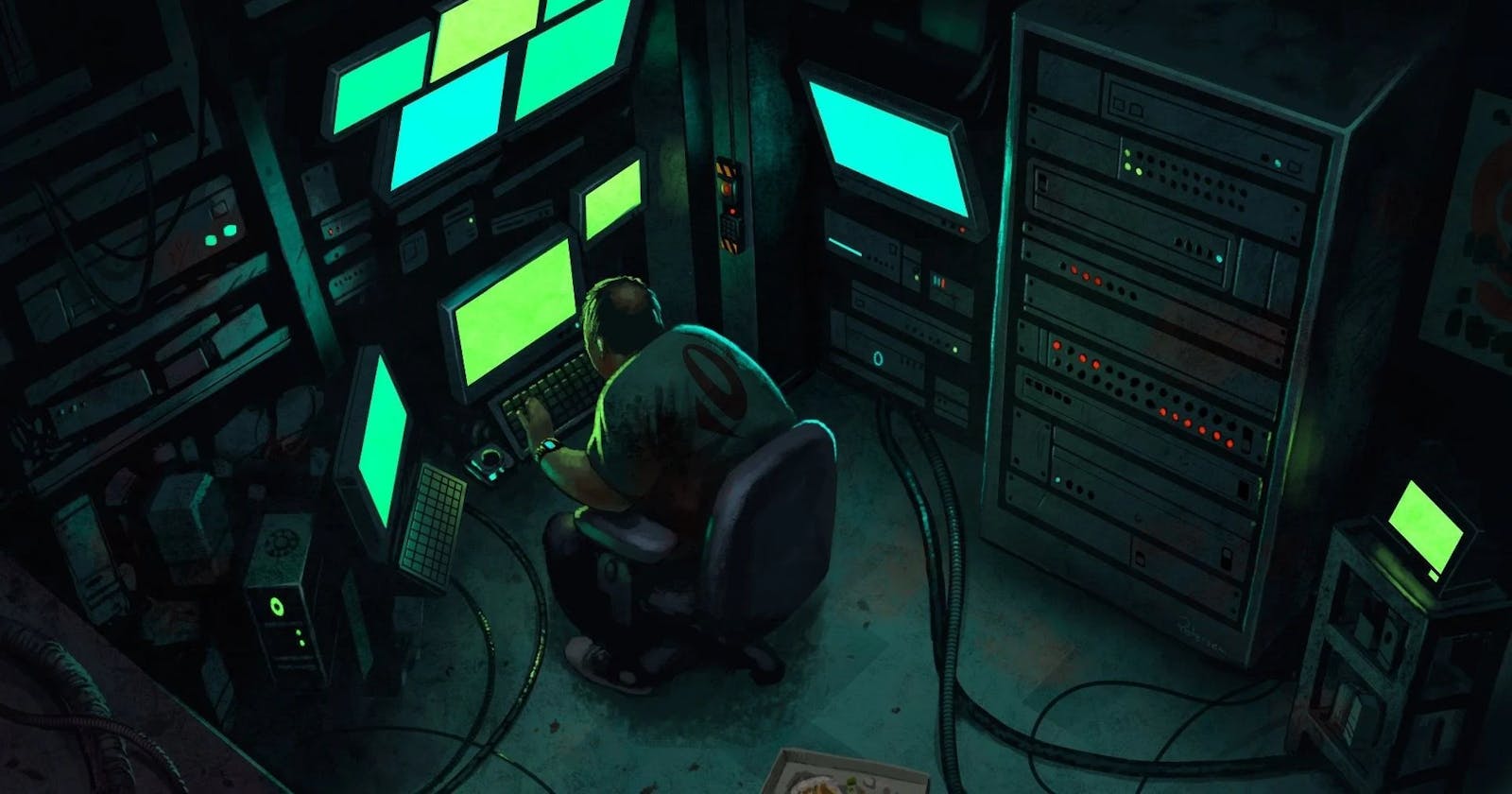Table of contents
No headings in the article.
Hey everyone, It is never too late to start something new, as it is said that "Morning when you wake up". coding is becoming an important skill in today's digital world. so, learning it is like an investment for your bright future. If you are new to coding, then here are some steps to help you get started.
1. Choose a programming language
This is the main step i.e. choosing programming languages and I know it can be Burdensome to know which one to start. but choosing a programming language depends on several factors, such as your goals, personal preferences, job market demand, and project requirements. some of the beginner-level languages are python, java, javascript, etc.
2. Development environment
what do I mean by saying set up a Development environment by this I mean to say where you will write and run your code. Depending on the language you choose, you need to install additional software or tools. For example, Integrated Development Environment (IDE) or Visual Studio Code.
3. Learn the basics
Start by learning the basics of programming. You can find online tutorials, courses, and books to help you learn the basics. Websites like Codecademy, Udemy, and Coursera offer a range of courses for beginners. but rem
4. Practice coding
I'll suggest you practice coding and start applying Reverse engineering. i.e. first analyzing existing code to understand how it works, learning from it, and then writing your own. Start with simple projects and gradually increase the complexity. some websites where you practice coding exercises are HackerRank, LeetCode, or Codecademy. These websites provide a range of coding problems for beginners to advanced levels.
5. Join a community
joining a community while learning to code is highly beneficial as it provides opportunities for learning from others, collaboration, feedback, motivation, networking, and access to resources. by joining a community, you have access to a diverse group of people who have different levels of experience and expertise. You can learn from their experiences and insights and improve your coding skills.
6. Stay curious and keep learning
As far as I see everyone starts with a lot of excitement and joins all the courses but after 2 to 3 weeks or a month all their passion and motivation just fade away. the field of programming is constantly evolving, and there is always something new to learn. so, staying curious and continuously learning is important for success in coding. It can help you stay up to date with the latest technologies and trends, solve problems creatively, stay motivated, expand your skill set, and keep your mind sharp.
In last, I'll suggest you "Don't give up on your passion for coding, even when it gets tough! Remember that every step you take towards your goal is progress. Keep pushing yourself, stay curious, and trust the journey. it may take time and effort, but with your dedication and consistency, you can become a skilled programmer.
Happy coding!
